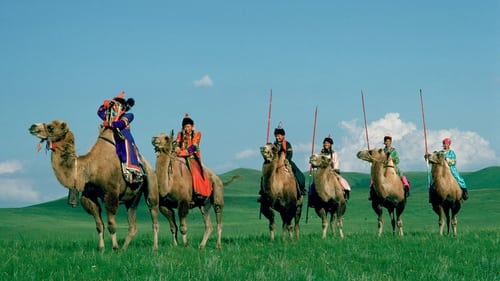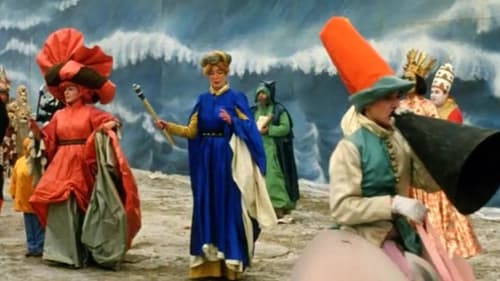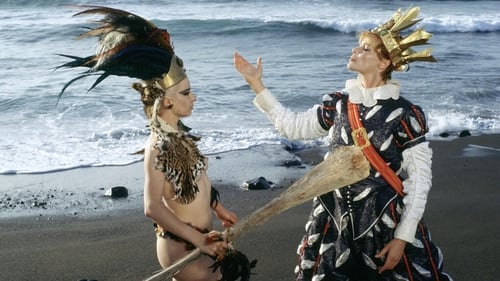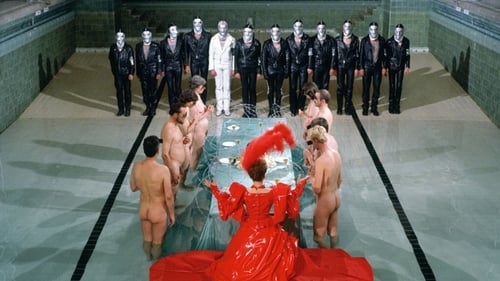
2. Member of the Kalinka Sisters
A group of cosmopolitan women passengers aboard the Trans-Siberian/Mongolian Railway are taken prisoner by Ulan Iga, a warrior princess.

Chinesische Drachenprinzessin
Pride is the first of the seven deadly sins. The introduction is made through early allegorical forms and figures (triumphal procession, dance of death, Baroque tragedy etc.) The triumphal procession of the giant haystack as a symbol of human vanities becomes a military parade of abrupt, functional and arrogant gestures. The most diverse musical fragments and rhythms intone the montage of details in the staged triumphal procession, juxtaposed with documentary images, including marches, ticker-tape parades and military review.

Sängerin / Alte Frau
Film version of the musical by the same name: Sunnie, a girl from the province, comes to Berlin to meet rock star Johnnie who had given her his address after a concert. On the subway to Kreuzberg, Sunnie becomes acquainted with a couple of strange people, among them "asphalt cowboy" Bambi. Bambi tells Sunnie that Johnnie’s address in Kreuzberg does not exist. Together, Sunnie and Bambi try to find the rock star in bustling metropolitan Berlin.

Procession member (segment "Envy")
Seven Women, Seven Sins (1986) represents a quintessential moment in film history. The women filmmakers invited to direct for the seven sins were amongst the world's most renown: Helke Sander (Gluttony), Bette Gordon (Greed), Maxi Cohen (Anger), Chantal Akerman (Sloth), Valie Export (Lust), Laurence Gavron (Envy), and Ulrike Ottinger (Pride). Each filmmaker had the liberty of choosing a sin to interpret as they wished. The final film reflected this diversity, including traditional narrative fiction, experimental video, a musical, a radical documentary, and was delivered in multiple formats from 16, super 16, video and 35mm.

One of the singers at the press reception
Our organization will create a human being whom we can shape and manipulate according to our needs. Dorian Gray: young, rich and handsome. We will make him, seduce him and break him. Ulrike Ottinger, 1984

Heilige Wilgeforte
버지니아 울프의 소설 『올란도』와 토드 브라우닝의 영화 에서 착안한 울리케 오팅거 감독의 시간여행 판타지. 남성과 여성을 오가는 여행자 주인공은 다섯 개의 무대를 관통하며 세계의 역사를 이야기한다. 중세 스페인의 종교 재판, 유랑 극단, 그리스 신화, 기형 인간, 카니발리즘적 이야기들은 퀴어적 관점에서 인간의 신체라는 한계를 극복하려 한다. (2019년 한국시네마테크협의회 - 독일 SF 특별전 - 미래는 어떻게 만들어지는가?)




